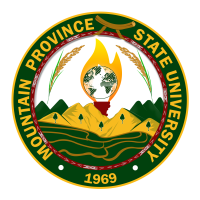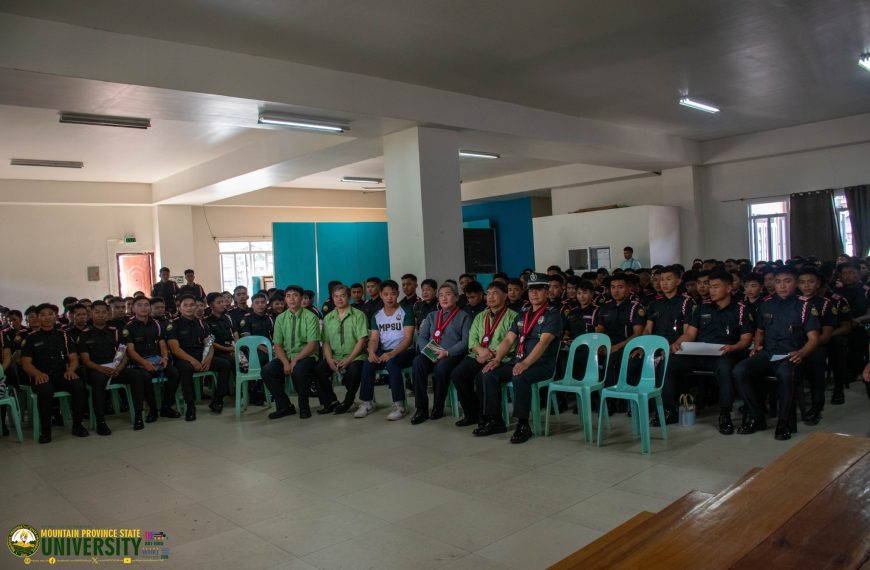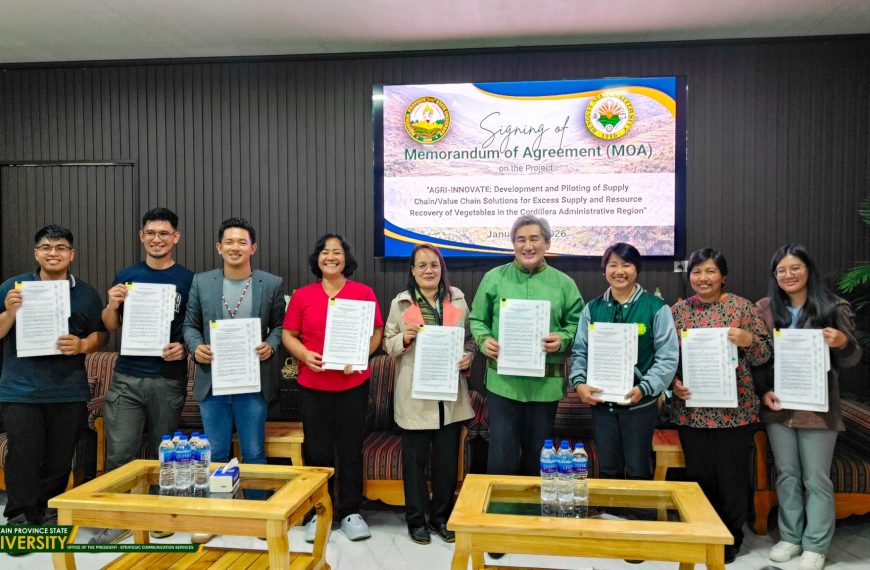The university continues to make its mark on the global academic stage, securing a spot in the 801-1000 bracket out of 2,318 participating universities in the 2025 Times Higher Education (THE) Impact Rankings. This achievement places MPSU among the 4th highest-ranked universities in the Philippines, alongside other distinguished higher education institutions (HEIs) nationwide, reaffirming its growing reputation as a proactive institution committed to sustainable development and meaningful community engagement.
This year’s rankings highlighted a significant increase in Philippine participation, with 121 institutions included—more than doubling last year’s 54. This milestone positions the Philippines as the country with the most ranked institutions in Southeast Asia and the third highest globally, following India and Pakistan.
At the national level, Ateneo de Manila University led the Philippine contingent in the 101–200 global band, followed by Batangas State University, Isabela State University, and the University of the Philippines in the 401–600 range. In the 601-800 were Caraga State University’s Ampayon campus, Ifugao State University, Mariano Marcos State University, Leyte Normal University, Saint Louis University, and University of Santo Tomas
Mountain Province State University shares the 4th national ranking within the 801–1000 global band with Benguet State University, Bukidnon State University, Central Bicol State University of Agriculture, Central Luzon State University, De La Salle University, Kalinga State University, Mapúa University, Mindanao State University–Iligan Institute of Technology, and Southern Luzon State University.
MPSU’s overall score rose from 59.90 in 2024 to 62.60 in 2025, reflecting an improvement of +2.70 points. Although this score increase did not lead to a higher bracket placement due to intensified global competition—evidenced by the rise in participating institutions—it signifies the university’s steady progress and increasing global relevance.
The university also expanded its SDG participation from six in 2024 to eight in 2025, with the addition of SDG 4 (Quality Education) and SDG 13 (Climate Action), both debuting with strong performances at 401–600 and 201–300 global ranks, respectively.
Among the individual SDG results, SDG 5: Gender Equality remains MPSU’s strongest area, achieving a remarkable score of 66.40 and placing within the 101–200 global band out of 1,559 ranked institutions—underscoring the university’s unwavering commitment to promoting inclusive and equitable opportunities within its academic and workplace environment. SDG 17: Partnerships for the Goals followed with a score of 62.10, landing within the 801–1000 global band among 2,389 institutions, reflecting the institution’s growing collaborative initiatives aligned with global and local development goals.
Other notable achievements include SDG 16: Peace, Justice, and Strong Institutions, which secured a position in the 301–400 bracket despite a slight score drop of −6.50 points from the previous year. SDG 13: Climate Action made an impressive debut at 201–300 with a score of 57.90, while SDG 4: Quality Education entered the rankings at 401–600 with a score of 56.50, signaling MPSU’s enhanced focus on education access, lifelong learning, and community literacy programs. SDGs 1 (No Poverty), 3 (Good Health and Wellbeing), and 8 (Decent Work and Economic Growth) also recorded improved scores from the previous year, with SDG 1 and SDG 3 advancing 200 places to 601-800 from 801-1000 in 2024.
Despite these gains, the results also highlighted areas requiring attention. SDG 8: Decent Work and Economic Growth, while improving its score to 35.60, remained in the 1001+ bracket, suggesting the need for strategic initiatives to enhance employment-related opportunities, skills development, and sustainable livelihoods in the region. Additionally, while SDG 16 maintained its ranking range, the decrease in score points to a need for further strengthening of institutional governance frameworks and advocacy initiatives.
Overall, the consistent upward trend in MPSU’s scores and the expansion of its SDG participation reflect the university’s ongoing efforts to align academic, operational, and extension programs with global sustainable development priorities. This progress demonstrates the effectiveness of enhanced data reporting systems, intensified community engagement programs, and institutional policy reforms that support inclusive, resilient, and sustainable practices.
As it joins the ranks of other Cordillera HEIs on the global map, MPSU takes pride in contributing to national and regional development through research, instruction, public service, and international collaborations. This recognition affirms the institution’s vision of fostering a transformative educational environment that empowers communities and advances sustainable futures.











